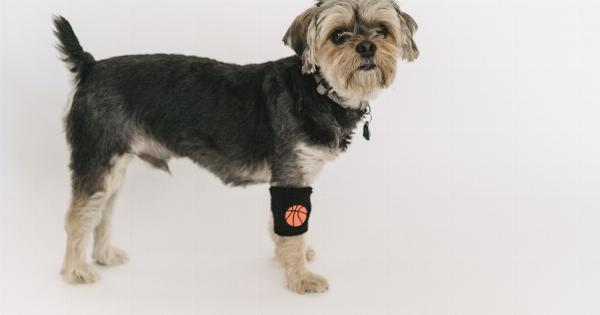Undergoing rhinoplasty, or nose surgery, can be a life-changing experience, improving both your appearance and self-confidence.
However, before undergoing the procedure, it is essential to take note of some crucial tips that will ease the process, boost the success chances of the surgery, and ensure safe recovery. The following are ten top rhinoplasty tips to consider before the surgery.
1. Choose an Experienced Facial Plastic Surgeon
One of the most important factors that determine the success of your rhinoplasty is the experience and skill of your surgeon. You want to work with a facial plastic surgeon with a proven track record of successful rhinoplasty surgeries.
Experienced facial plastic surgeons will have an in-depth understanding of the anatomy of the nose, as well as advanced surgical techniques for achieving the best results.
2. Communicate your Goals Clearly
To ensure a successful outcome, it is essential to communicate your goals to your surgeon openly. During the consultation process, share your specific concerns, and desired outcomes.
Understanding your goals helps your surgeon tailor the procedure to meet your unique needs while providing you with realistic expectations of the results.
3. Understand the Risks
Like any surgical procedure, rhinoplasty comes with risks and potential complications. Make sure you understand these risks and the benefits before undergoing the surgery.
Your surgeon should discuss these issues with you to make sure you are comfortable with what to expect during and after the surgery.
4. Don’t Smoke
Smoking can increase the risk of complications during and after the surgery. Nicotine can interfere with the blood supply to the nose, causing complications in the healing process.
If you are a smoker, you should quit for at least two weeks before and after the surgery to minimize your risk of complications.
5. Follow a Healthy Diet
Following a healthy diet rich in antioxidants, vitamins, and minerals can help support your body’s healing process.
Eat plenty of fruits, vegetables, lean protein, and healthy fats before and after the surgery to help your body heal quickly and reduce inflammation.
6. Avoid Certain Medications and Supplements
Some medications and supplements can interfere with the healing process and cause complications. Avoid using blood-thinning medications, such as aspirin, ibuprofen, and herbal supplements for at least two weeks before and after the surgery.
Discuss any current medications or supplements with your surgeon before the procedure to determine if they are safe to continue.
7. Prepare for the Recovery Process
Rhinoplasty is an outpatient procedure, meaning you can go home the same day as the surgery. However, you’ll need to prepare for the recovery process before the procedure.
Arrange for someone to drive you home and stay with you for at least the first 24 hours after the surgery. You may experience swelling, bruising, and discomfort after the procedure, which can be managed with medication and cold compresses.
8. Be Patient with the Results
It takes time for the results of rhinoplasty to fully develop. Swelling and bruising can take several weeks to subside, and the final results may take up to a year.
Be patient with the healing process and follow your surgeon’s instructions to ensure the best possible results.
9. Avoid Exercise and Strenuous Activities
To promote proper healing, avoid exercise and strenuous activities for at least two weeks after the surgery. Strenuous activities can increase your blood pressure and cause bleeding, inflammation, and other complications.
10. Attend Follow-Up Appointments with Your Surgeon
It’s important to attend all follow-up appointments with your surgeon to ensure a safe and successful recovery from the surgery. During these appointments, your surgeon will monitor your progress and check your healing progress.
If you have any questions or concerns, be sure to bring them up during these appointments.





























